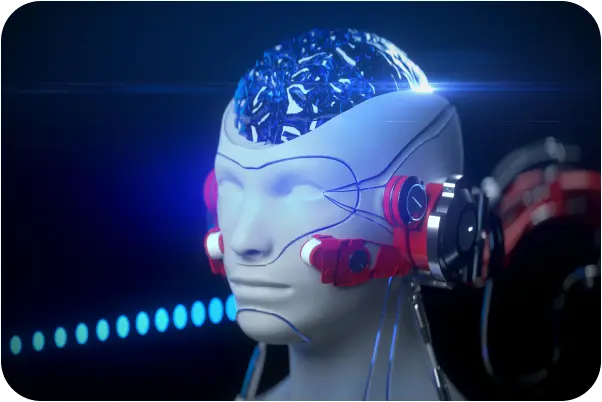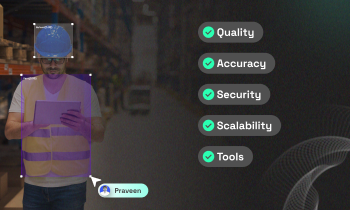Can dictation data be used for fine-tuning general ASR models?
ASR
Dictation
Speech AI
Dictation data comprises audio recordings where healthcare professionals verbally document clinical notes. These recordings, typically structured and single-speaker, include sections like patient history, examination findings, and treatment plans. Unlike casual conversations, dictations are rich in medical jargon and structured format, with natural speech patterns such as hesitations and self-corrections. This specific nature of dictation data makes it invaluable for training Automatic Speech Recognition (ASR) models to recognize and process medical terminology accurately.
Why Fine-Tuning with Dictation Data Matters
Using dictation data to fine-tune ASR models significantly boosts their accuracy, especially in the medical field. Here's why it's crucial:
- Medical Vocabulary Mastery: Dictation data is teeming with specialized medical terms that general ASR models might misinterpret. Incorporating this data helps models learn to accurately handle complex jargon, reducing errors in clinical settings.
- Structured Understanding: The inherent structure of dictation data enhances a model's ability to comprehend and replicate the organization of medical notes, ensuring outputs are coherent and contextually relevant.
- Real-World Speech Patterns: Dictation data mirrors the actual speech patterns of clinicians, including diverse accents and styles, which improves the model's adaptability across different user demographics.
How to Effectively Integrate Dictation Data into ASR
Integrating dictation data into ASR training involves several key steps:
- Data Collection and Preparation: Gather high-quality audio recordings in mono WAV format with a sample rate of at least 16 kHz. Ensure precise transcriptions and detailed metadata, such as speaker accents and specialties, to enrich training efficacy.
- Training Pipeline Customization: Adjust the model's architecture to accommodate the unique attributes of dictation recordings. This may involve tweaking hyperparameters to optimize performance based on the specific traits of the data.
- Evaluation Metrics Tailored to Healthcare: Implement evaluation metrics like Word Error Rate (WER) and Medical Term Error Rate (MTER) to measure the model's proficiency in recognizing clinical terminology and context.
Considerations for Using Dictation Data in ASR Fine-Tuning
While integrating dictation data offers clear advantages, several considerations are essential:
- Ensuring Data Diversity: To prevent the model from becoming too specialized, blend dictation data with conversational speech datasets. This approach enhances the model's versatility and ensures better generalization across various contexts.
- Quality Control Best Practices: Implement robust QA processes to maintain transcription and annotation accuracy. At FutureBeeAI, we have developed a dual human review system targeting over 98% transcript accuracy, ensuring the highest data quality.
- Domain-Specific Limitations: Although dictation data can significantly improve performance in medical applications, it might not directly apply to other domains. Consider the intended use and supplement with additional data types if necessary.
Real-World Impacts & Use Cases
Fine-tuning ASR models with dictation data has tangible benefits in healthcare:
- Automated Note-Taking: Enhancing ASR models with dictation data allows for accurate and efficient transcription of clinical notes, saving time for healthcare professionals.
- Clinical Decision Support: Improved ASR models can better recognize and categorize medical information, aiding in clinical decision-making processes.
- EMR Automation: Dictation data fine-tuning facilitates seamless integration of ASR outputs into Electronic Medical Records (EMR), streamlining data entry and retrieval.
By harnessing the power of dictation data, organizations can create highly effective ASR systems that meet the specific needs of the medical field. FutureBeeAI's experience in collecting, annotating, and validating such datasets makes us a reliable partner for your ASR model enhancement needs.
Smart FAQs
Q: How does dictation data differ from regular conversational speech in ASR training?
A: Dictation data is structured and typically involves a single speaker focusing on medical documentation, while conversational speech includes multiple speakers and informal dialogue. This structural difference influences ASR model training and evaluation approaches.
Q: Can dictation data be effectively combined with other types of speech data?
A: Yes, combining dictation data with conversational speech datasets enhances the model's generalization ability across different speaking styles and contexts, improving performance in diverse use cases.
What Else Do People Ask?
Related AI Articles
Browse Matching Datasets
Acquiring high-quality AI datasets has never been easier!!!
Get in touch with our AI data expert now!








